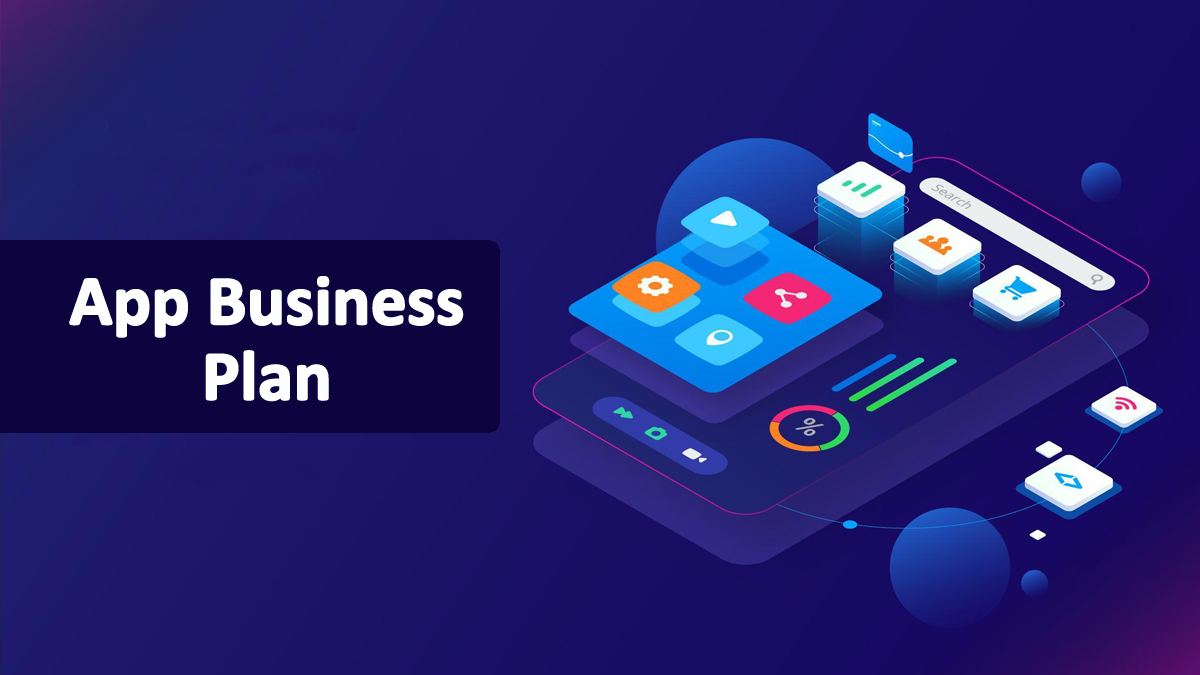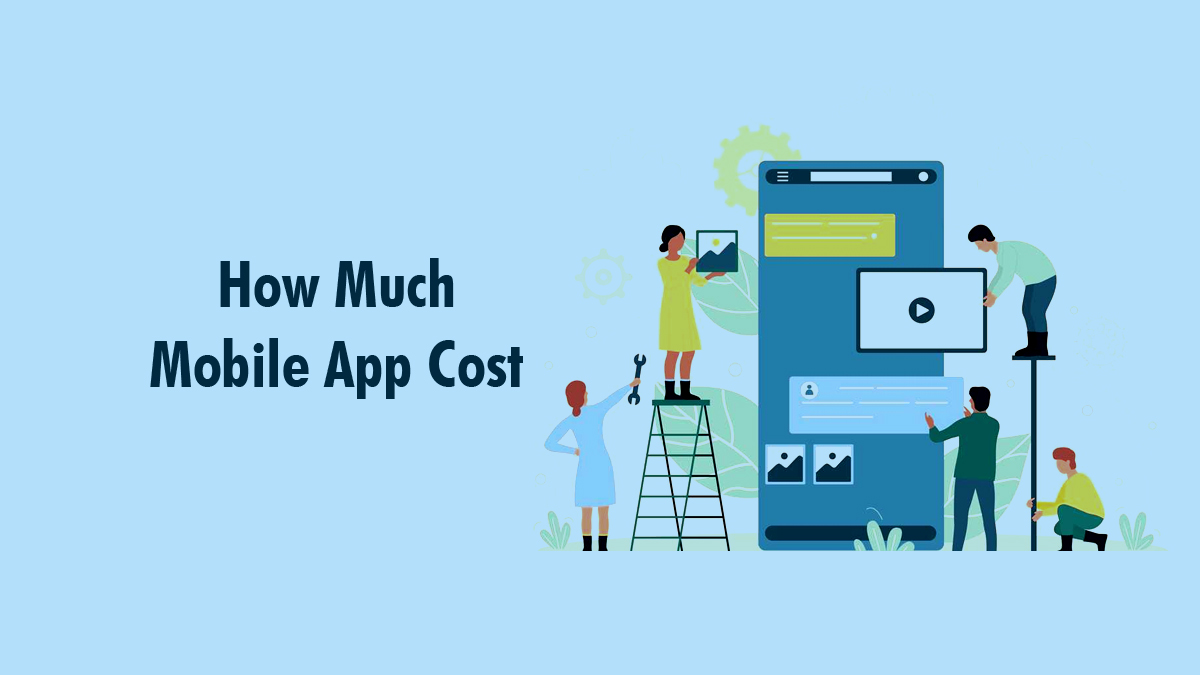If you’re on the verge of starting your own mobile app company, numerous considerations await you. Essential aspects such as the core concept, funding, market strategy, and team composition require careful deliberation to formulate a comprehensive business strategy for your app venture.
This post aims to equip you with a thorough app business plan for your application-centric startup. We provide in-depth guidance to ensure comprehensive understanding among all stakeholders in your venture. Whether you’re a novice in app development or seeking a starting point, this post serves as an educational resource.
An App Business Plan Helps to Turn Your Ideas Into Action
Initiating your project involves visualizing the concept and crystallizing its primary ideas, which lay the groundwork for your future business plan. A crucial component of this process is drafting a Product Requirements Document (PRD), a detailed outline of your app’s functional requisites.
The PRD encompasses three key aspects: business needs, user needs, and software system requirements. The business plan forms a segment of the PRD, focusing specifically on business-related requirements.
Preliminary steps such as ideation, app planning, and PRD formulation are instrumental in aligning all participants with the founder’s vision. This post delves into the nuances of crafting a business plan for an emerging app enterprise.
Questioning the necessity of a business plan for your startup? Various studies underscore the importance of a structured business plan across different stages of a company’s growth.
App developers play a crucial role in assisting clients to devise a strategic app business plan, ensuring a streamlined path from concept to market success.
A survey involving 3,000 business owners from diverse sectors revealed that those with a business plan were nearly twice as likely to succeed as their counterparts without one. Moreover, these strategically planned businesses demonstrated greater proficiency in securing investments or loans.
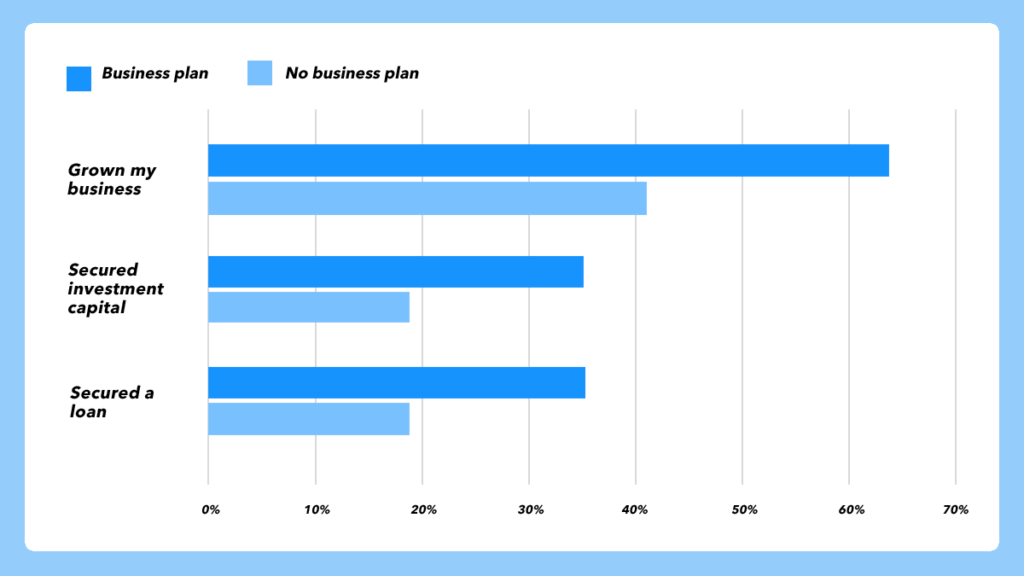
If You Are Planning to Create a Mobile App
In 2022, mobile app downloads soared to 255 billion, marking a 55% increase since 2016. The ubiquitous demand for mobile solutions presents a fertile ground for innovative startup ideas. The spectrum of mobile app categories includes travel, event planning, financial management, social networking, and fitness, among others. Regardless of your chosen niche, a well-crafted business plan streamlines the app development journey, encompassing idea generation, validation, design, and execution.
Having a Goal Without an App Business Plan is Just a Wish
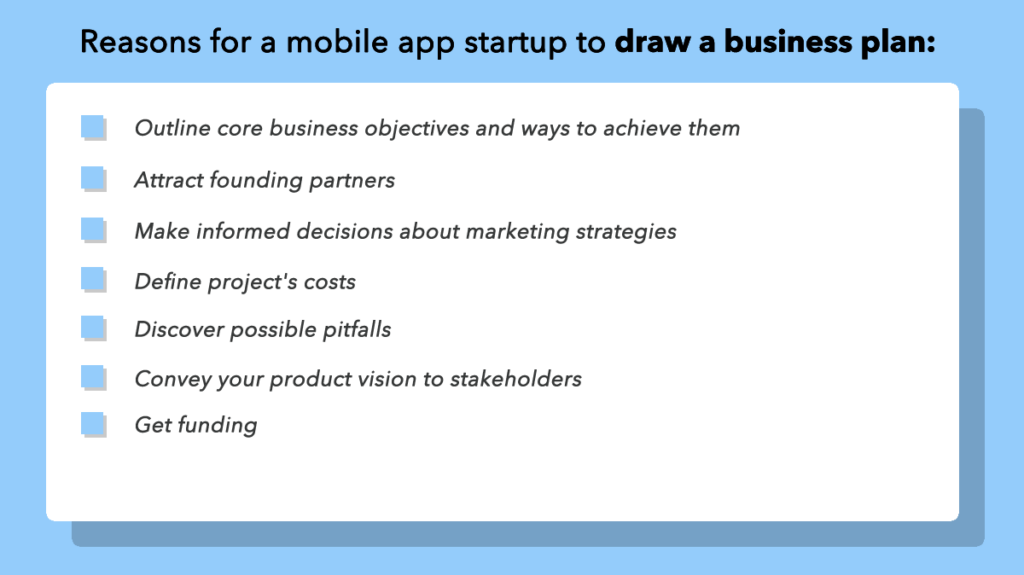
In today’s world, the abundance of mobile apps means intense competition within each category. Therefore, distinguishing our product or service and engaging users is paramount.
Chad Mureta, a highly successful app entrepreneur, emphasizes that developers who align with user preferences tend to generate more revenue. This underscores the importance of adopting a user-centric approach in app development. A business plan tailored to your customers’ needs not only clarifies your business concept to stakeholders but also ensures you offer a product that genuinely resonates with the target audience.
Understanding what your potential users seek, enjoy, or dislike in similar apps is crucial. By identifying these aspects, you can position your startup for success.
Knowing the Market Well Is Very Important for Being Successful
Many entrepreneurs lack clarity on their target market. Launching a successful business venture without prior market analysis is challenging. Before drafting a business plan, it’s essential to gauge the market interest in your product and assess the competition.
Researching competitors and potential app users helps in identifying your product’s unique selling points and reasons why consumers should prefer it. This knowledge is fundamental in formulating an effective business plan.
Perform Annual Review of Your Business Plan
Steve Blank, an American entrepreneur, believes that while business models may evolve, business plans typically remain static. Traditionally, a business plan is viewed as a once-created, seldom-altered document.
However, in our rapidly changing world, especially in the realm of business, the notion of immutability is impractical. Contrary to Steve Blank’s view, Investopedia advocates for the evolution of business plans in tandem with company growth. We recommend reviewing your app business plan at least annually. This allows for adaptation to user preferences and an evaluation of your goal achievement progress.
Regular updates to your business plan also provide insights into your startup’s current and future financial requirements, aiding in strategic investment planning. Consider your business plan as a dynamic document that evolves with your startup.
Why Is It Important to Create a Business Plan for Apps?
A robust business plan is vital not only for launching your company but also for demonstrating its potential to investors. Here are the key reasons why your new mobile application business requires a comprehensive plan:
Both startups and established businesses benefit from having business plans, though the details may differ according to their objectives. Startups often opt for a business model canvas to attract partners, offering a more adaptable format suitable for the evolving nature of tech startups, while still providing essential project details.
While a business plan for an app cannot guarantee success, it can significantly boost investor confidence. A detailed plan that outlines your company and app, financial management, and legal compliance can enhance the credibility of your project.
Is a Business Plan for a Mobile App Different From That of Other Software?
Mobile applications, websites, and other software differ significantly in their monetization strategies, offerings, and market approaches. Consequently, their respective business plans also vary.
A typical software development business plan might share similarities with that of a mobile app. However, each document is unique, reflecting the specific goals and target audience of the project.
Business plans for mobile apps are distinct because they focus on mobile device requirements. They address user engagement, visibility in app stores, and marketing strategies. These plans are tailored to navigate the rapidly evolving and competitive mobile app market.
What Should Be Included in a Business Plan for a Mobile App?
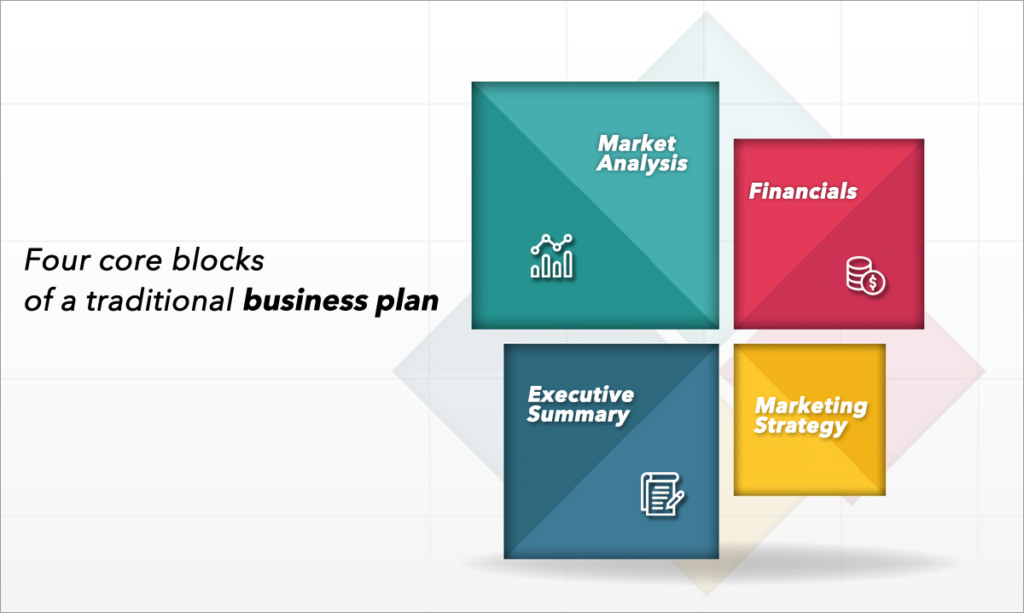
Your objective is to develop a functional, flawless mobile app for businesses, individuals, or non-profits. A business plan is instrumental in the success of your project.
When drafting a plan for a new mobile app business, it’s crucial to estimate the development and operational costs, as well as the timeline for generating revenue. Understanding these financial aspects is key to evaluating the feasibility of your app.
Clarity is paramount in a business plan for a mobile app startup. Let’s delve into the essential components that should be included in your mobile app business plan to optimize its effectiveness for your business.
Executive Summary
Summary: The executive summary is a crucial component of your mobile app business plan and the first section an investor will review. It should be concise and easily digestible, avoiding excessive technical details about the product. Focus on the current market situation, your target audience, and the unique problem your app addresses.
Unique Proposal: Differentiate your offering to highlight what sets your company apart. Think of your executive summary as a movie trailer, with the investor as your audience. Does it entice them to ‘watch your movie’?
Goal Setting: Base your goals on thorough market research. Investors will assess your objectives to determine if they align with their interests. Clearly outline your exit strategy and funding requirements, and how these funds will be utilized to enhance your company’s appeal. Transparency and clarity are vital for the success of your mobile app.
Clear Documentation: Ensure that your product’s ideas and goals are consistently and clearly presented throughout the document. Provide accurate information and realistic forecasts about your project. Consistency in the names of the business plan author, the executive summary, and team members across all documents is essential.
Description of the Business
Begin with an introduction to your company, including its history, and culminate with your mobile app concept. This section should convey your company’s ethos, mission, objectives of your product, and the key success factors for your startup.
This information is crucial for investors. For example, Y Combinator emphasizes that securing funding is only a part of the challenge; the key to a startup’s success lies in refining its ideas. Typically, organizations like Y-Combinator require a comprehensive business plan before presenting new projects to investors.
Overview of the Company
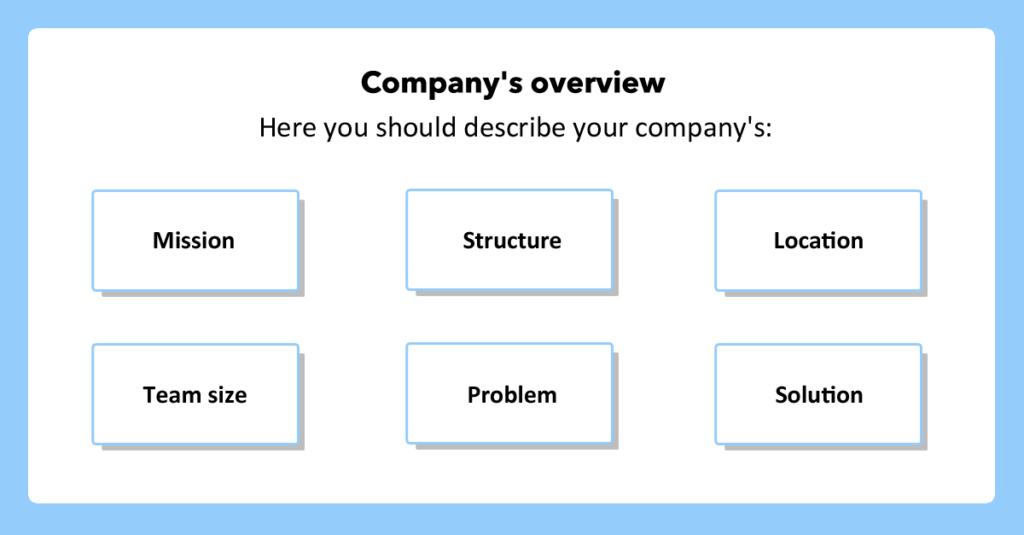
This section of your business plan provides an in-depth look at your startup. It should include the company’s official name, location, and legal structure (such as LLC or corporation). Elaborate on your team by mentioning the number of members, their names, roles, and any other relevant professional information.
In the mission statement, articulate what your company does and the guiding principles it adheres to. After establishing your mission, identify the primary challenges your business aims to address and the solutions it offers.
History of the Company
Before presenting your business plan, outline the origins of your company. Discuss the founding team members, the genesis of your app business idea, and significant milestones achieved during the company’s development. Highlight the experiences and insights gained in the process of launching the product.
Your Team
Whether you outsource app development or rely on an in-house team, this section is crucial. Detail each team member’s role, tenure, and responsibilities. Additionally, consider forming an advisory board composed of industry experts to guide critical decisions.
Market Analysis
When formulating your app concept, a thorough understanding of the market is essential. Stay abreast of current industry trends, possess the latest data, and be prepared to forecast short-term developments. Your market analysis should involve several key steps:
- Examining the current state of the market.
- Establishing criteria for your market research.
- Identifying your potential customer base, their interest in your product or service, and the market segment you can realistically target.
- Analyzing your intended audience and estimating the cost of acquiring customer interest.
To gain insights into the mobile app industry, review top-performing apps and user feedback on platforms like the Google Play Store and Apple App Store. This will help you understand popular trends and user perceptions.
Market Predictions
Forecasting is a crucial aspect of devising a business plan for app development startups. Utilizing predictions from reputable sources like Forrester and Nielsen can enhance the credibility of your plan. To make informed market predictions, consider the following:
- Analyze the growth trajectories of similar companies by examining how comparable mobile app solutions have impacted their development.
- Research funding received by analogous startups using resources like Crunchbase or Y Combinator.
- Enhance your business plan by anticipating customer behavior patterns.
Your primary objective is to assess market demand for your product and determine if there’s a substantial customer base willing to pay for it.
SWOT Analysis
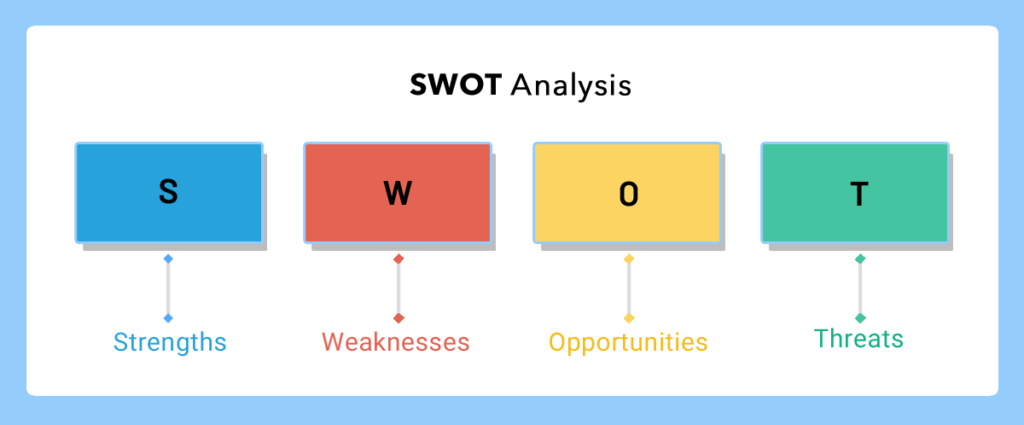
A SWOT analysis is a strategic tool to evaluate your business from four different perspectives:
- Strengths
- Weaknesses
- Opportunities
- Threats
Acknowledging weaknesses is a normal part of business strategy. Understanding them can lead to effective solutions and risk mitigation.
Competitor Analysis
Understanding Competitors
Begin by identifying apps that closely resemble your own, examining both established and emerging competitors. Consider aspects such as functionality, target audience, and usage context. A thorough understanding of your competition, their operational strategies, and market positioning is essential for a detailed analysis.
Analyzing Strengths and Weaknesses
Conduct an in-depth analysis of the strengths, weaknesses, opportunities, and threats (SWOT) for each identified competitor. Evaluate their advantages, such as unique features, user satisfaction, and market reputation.
Simultaneously, identify their shortcomings, like operational flaws or negative user reviews. This analysis will highlight areas where your app can surpass competitors, thereby increasing its appeal and value to users.
Creating a Plan
Integrate these insights to formulate a comprehensive plan for your mobile app business. Articulate what sets your app apart, its innovative features, and how it addresses gaps left by similar apps. A detailed comparative analysis will strengthen your business plan and guide the strategic planning for sustainable growth and success in the dynamic mobile app market.
Marketing Strategy
Think of your app marketing strategy as a bridge connecting your product to your customers. Convincing investors of this bridge’s existence is a crucial element of your mobile app plan.
When developing a business plan, determine how you will promote your app through various marketing tactics. Here are some strategies and explanations:
Make a Landing Page
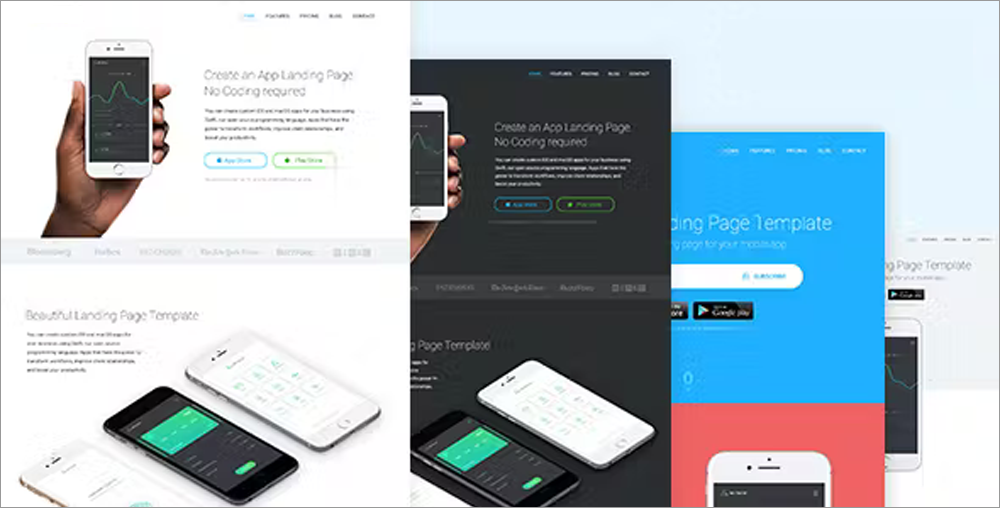
Develop a landing page to increase awareness of your mobile app’s features and updates. Ensure it includes the app’s name, a concise description, promotional videos, and other key details. This page serves as an engaging gateway, showcasing the app’s benefits, features, and unique selling points.
A well-crafted landing page builds trust, generates excitement, and encourages downloads. It effectively highlights the app’s advantages, sparking interest and curiosity. Moreover, it plays a critical role in marketing strategies, attracting new customers through targeted advertising.
Start a Website and Write a Blog
Launching a website is an effective way to promote your app. Use it to share information about your company, its goals, values, and a preview of your upcoming mobile solution. Including a blog on your website can further enhance your app’s visibility. Publish articles about your new product and create content that boosts its online presence.
Do Social Media Marketing
Incorporate social media marketing into your business plan. Outline your strategy for using this medium to generate pre-launch interest and sustain user engagement post-launch. Develop engaging content that highlights your app’s unique features and benefits.
Leverage platforms like Instagram, Twitter, and Facebook to share images, reviews, and updates. Target your advertising to specific audiences and run promotional campaigns to drive downloads. Engage with your community by responding to comments and questions.
Regularly monitor your social media performance and adjust your strategy for optimal results. Active social media engagement increases brand awareness, encourages app usage, and fosters a loyal customer base.
Calculate Budget for Marketing
Understanding the marketing budget is crucial for all stakeholders, including the app owner, investors, and other key individuals. Begin by setting clear marketing objectives. Allocate 10-20% of your total budget for marketing initiatives.
Consider significant expenses such as social media advertising, collaborations with influencers, app store optimization, and content creation. Research competitor spending to gauge your competitive financial commitment. Be mindful of additional launch-related expenses, which can exceed initial estimates.
Regularly review and adjust the budget based on campaign performance. Distribute your spending across various channels to maximize visibility. A well-planned marketing budget is essential for promoting your mobile app, attracting new users, and facilitating long-term growth.
Work on Product Growth
The approach to expanding your user base and entering new markets will vary based on how the app is initially received. For example, large-scale advertising campaigns are effective in regions where your product or service is already recognized and valued.
Consider Uber’s successful promotional efforts. The company tailors its advertising campaigns to resonate with different global markets. When crafting your business plan, strategize how to attract more customers proactively. This foresight is crucial for enhancing your product’s future prospects.
Select the Type of Product Launch
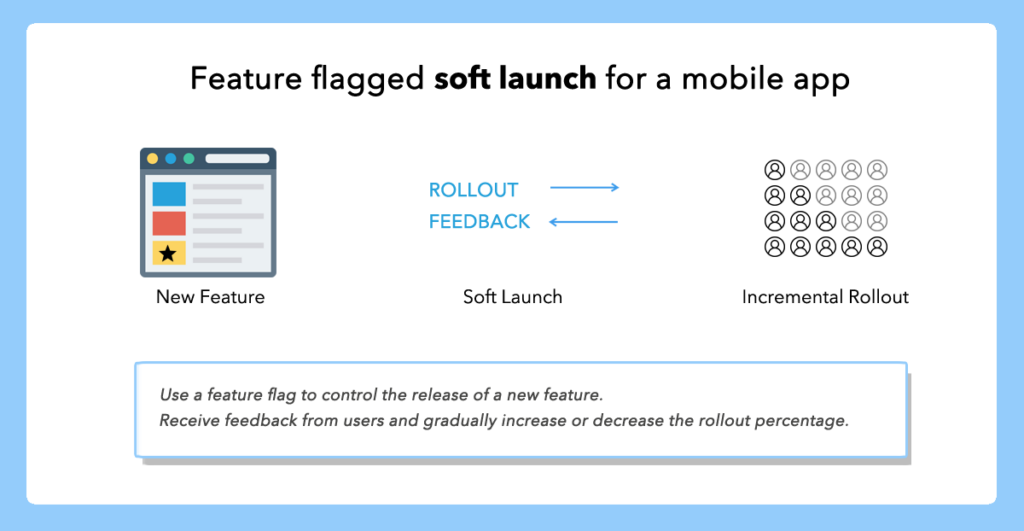
Include in your business plan the method of product introduction. There are two primary types: a hard launch and a soft launch. A hard launch involves releasing the final product to your entire target market. Conversely, a soft launch means releasing a basic or complete version of your app to a limited audience for initial feedback.
Also Read: Mobile App Development Guide- Top to Bottom Analysis: How to Create, Fund and Earn from Your App
Development and Operations
Technology Stack and Infrastructure
Detail the specific technology and tools required for your mobile app in the development and operations section of your business plan. Describe the programming languages, systems, and databases you intend to use. Consider the scalability of the technology and ensure it aligns with the app’s features and potential future updates.
Development Timeline
Establish a comprehensive timeline for your app’s development, breaking down the process into distinct phases. Set specific milestones such as completing the initial version, conducting tests, and launching the app publicly. A well-defined timeline ensures that all parties are aware of their responsibilities and deadlines, fostering accountability and transparency throughout the project.
Quality Assurance and Testing
Detail your commitment to ensuring the app’s high quality and optimal user experience. Outline your testing strategies, including functional, usability, and performance testing, to meticulously evaluate every aspect of the product. Demonstrating your proactive approach in identifying and resolving any issues prior to user engagement reinforces your dedication to delivering a reliable and superior product.
Security Measures
Address security protocols for both the development and operational phases. Explain the measures taken to safeguard user data, including encryption, access controls, and comprehensive security strategies. Assure stakeholders of your commitment to adhering to industry-best security practices, emphasizing the paramount importance of app security.
Future Developments
Discuss how your mobile app will scale to accommodate increasing user numbers and evolving market demands. Plan for future enhancements and additional features. Illustrating your forward-thinking approach reassures investors and stakeholders of your long-term dedication and adaptability in the rapidly evolving app market.
Financials
In this section, it’s essential to clearly articulate the funding required to sustain your business. Present this information in a straightforward manner to ensure potential investors grasp the financial needs of your venture.
The financial model typically includes projections for the next three to five years, covering key metrics like profits, cash flow, and overall financial health. It should also forecast product sales, revenues, and expenses. The financial section needs to include the following components, each thoroughly explained:
Startup Costs
Provide a detailed estimate of initial expenses, allowing for contingencies in case of unforeseen cost fluctuations. Break down the costs into categories:
One-time costs: These include purchases or services, relocation expenses, workspace acquisition, equipment, computers, software, and permit fees.
Fixed costs: These remain constant regardless of production levels and include rent, insurance, lease payments, and fixed salaries.
Variable costs: Costs that vary with production levels, such as materials or labor expenses.
Monetization Strategy
This crucial part of your business plan demonstrates how your app will generate revenue. A well-defined monetization strategy not only assures investors of potential profitability but also ensures your business’s financial viability. Popular monetization methods include:
- Advertising: Earnings from companies advertising within your app.
- App charge: If your app is paid, justify its value and benefits to potential users.
- In-app purchases: A prevalent revenue model for mobile apps on both iPhone and Android platforms.
- Subscriptions: Many apps operate on a subscription model, offering a free trial before charging periodic fees.
Also Read: 12 No-Code App Builders That Make You a Developer Right Away
Risk Analysis
Finding Possible Risks
In the dynamic world of mobile app startups, it’s crucial to anticipate and understand potential risks. Consider technological challenges, such as software glitches, shifts in customer preferences, regulatory changes, and emerging competitors. Thoroughly identifying these risks is the first step in effective risk management.
Mitigation Strategies
Detail how you plan to mitigate each identified risk. These strategies should aim to prevent risks or minimize their impact if they occur. Tactics might include implementing rigorous testing protocols, continuously monitoring market trends, and maintaining flexibility to adapt to regulatory changes.
Contingency Plans
Develop specific backup plans with actionable steps for potential scenarios. Preparedness for unforeseen events, like technical failures, market downturns, or regulatory shifts, demonstrates your readiness to respond swiftly and efficiently.
Regulatory and Compliance Risks
Addressing regulatory and compliance risks is paramount. Stay informed about evolving data protection laws, industry-specific regulations, and privacy requirements. Establish a robust compliance framework to ensure your mobile app operates seamlessly and legally.
Exit Strategy
Acquisition Scenario
Detail the preparation for a potential acquisition of your mobile app company. Identify and engage with prospective buyers, highlighting your startup’s unique value propositions such as its user base and revenue potential. A well-executed acquisition can offer significant benefits for both the founders and investors.
IPO Considerations
If an Initial Public Offering (IPO) is a feasible exit strategy, outline the circumstances under which your startup might transition to a publicly traded company. Discuss the timing and rationale for an IPO, including financial requirements and market conditions. An IPO can provide substantial returns for early investors.
Business Relationships
Explore partnerships with other companies as an exit strategy. Discuss how alliances with established firms in the same sector could facilitate growth for your startup. These collaborations could take the form of mergers, acquisitions, or joint ventures, benefiting both entities involved.
Timeline and Triggers
Develop a timeline for the exit process, identifying specific triggers or conditions that would initiate it. This forward planning demonstrates strategic foresight, instilling confidence in stakeholders about your ability to lead the startup toward a successful future.
Wrapping Up
Crafting a business plan for a new mobile app company is challenging, often with the first page being the most daunting. Many individuals, faced with this task, are tempted to resort to free templates or mimic someone else’s plan. However, this approach is misguided.
Your business plan should be a unique reflection of your passion and vision for transforming your idea into a tangible reality. It needs to convincingly demonstrate the viability and financial potential of your company. The more compelling and feasible your plan, the higher the likelihood of attracting investment.
FAQs
Can you make an app without a business plan?
While it’s possible, a business plan for an app is more than just an idea description. It encompasses a comprehensive approach to budgeting, market analysis, and strategic planning, significantly enhancing the likelihood of your company’s success.
What is a business plan for making a mobile app?
A mobile app business plan is a document that outlines the app’s concept, the team behind it, its objectives, and its strategies for achievement. It should include details about the company’s background, market forecasts and analyses, marketing strategies, and financial management plans.
Why is it important for a mobile app startup to have a business plan?
A business plan acts as a roadmap, detailing a new business’s goals, strategies for achieving them, and operational guidelines. It is crucial for securing funding, ensuring team alignment, and providing clarity to all stakeholders.
How do you plan to make money from the mobile app?
The business plan outlines revenue generation strategies such as offering free basic features with premium paid options, in-app purchases, or advertising. This monetization approach should align with the app’s purpose and target audience.

